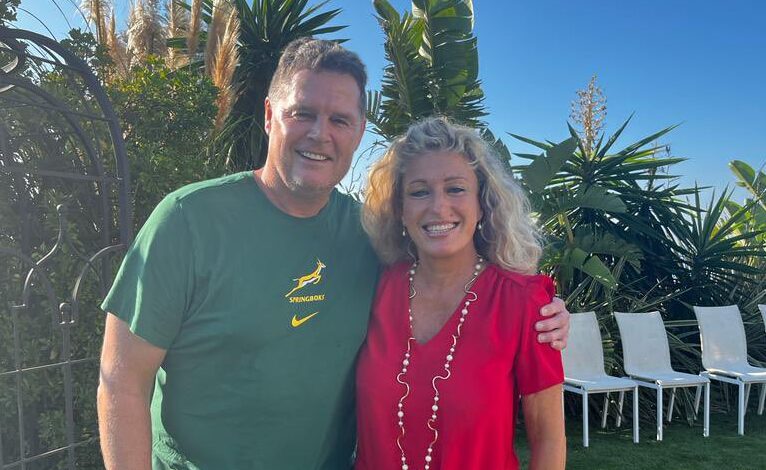Business/Leadership Lessons to be Learnt from Rassie Erasmus

After delivering back-to-back Rugby World Cup victories and two Rugby Championship titles for the Springboks, Rassie Erasmus has become a household name in South Africa. With these credentials, Erasmus is undoubtedly a role model and luminary for aspiring leaders, both on and off the field—but, particularly, those in startups navigating uncertain markets.
- Adaptability
Erasmus demonstrated exceptional adaptability in both the 2019 and 2023 Rugby World Cups. In 2019, he alternated between play styles to adjust to different opponents. In 2023, he adapted again by adopting a dynamic approach to manage injuries and tactical challenges. This adaptability proved crucial to the Springboks’ victories.
For startups, adaptability is equally vital. As markets shift due to trends, customer behaviours, and technological advancements, businesses must stay flexible and pivot when needed. Entrepreneurs can follow Erasmus’ example by continually reassessing strategies, which often separates thriving startups from those that struggle.
- Empowerment and Trust
Erasmus consistently trusted his players and staff to make decisions. In the 2019 World Cup, he empowered his leadership group, particularly captain Siya Kolisi, to take ownership on the field. This decentralised approach boosted morale and accountability, playing a key role in the Springboks’ consecutive victories.
For startups, where teams are often small, creating a culture of empowerment is essential. Trusting employees to make decisions within their roles encourages innovation and creativity. Leaders who give autonomy see greater initiative, helping businesses grow and scale more sustainably.
- Resilience
Erasmus’ revival of the Springboks in 2018 is a prime example of Resilience. Taking over a struggling team ranked sixth, he restored core values of physicality and discipline, leading them to win the 2019 Rugby Championship and World Cup.
In business, resilience is key. Startups often face setbacks, and leaders who embrace resilience can guide their teams through tough times, turning failures into opportunities for growth.
- Diversity and Unity
Erasmus has been a strong advocate for diversity and inclusion, building a team culture that embraces South Africa’s diverse backgrounds. His leadership united players from different cultures under a common goal, forging the team that we see today.
For startups, diversity is key to success. Bringing together individuals with varied backgrounds and perspectives enhances problem-solving and creativity. Building an inclusive workplace allows businesses to remain agile and innovative in competitive markets.
- Authenticity
Erasmus is known for his authentic leadership, leading with transparency and a genuine passion for the game and his players. His fabled openness about the team’s challenges and his strong commitment to his values built trust and loyalty within the squad and fans.
In business, a startup is as good as its leader. Authentic leadership creates a culture of honesty and transparency, which helps build strong teams and business relationships, inspiring long-term commitment and loyalty. Leaders like Erasmus, who stay true to their principles, are more likely to cultivate this trust.
Conclusion
Rassie Erasmus’ leadership, which has delivered a golden age for South African rugby, offers key lessons for entrepreneurs. His adaptability, trust-driven leadership, focus on resilience, diversity, and authenticity provide a valuable blueprint for building successful businesses. These insights are particularly relevant for startups navigating growth, innovation, and market challenges.




